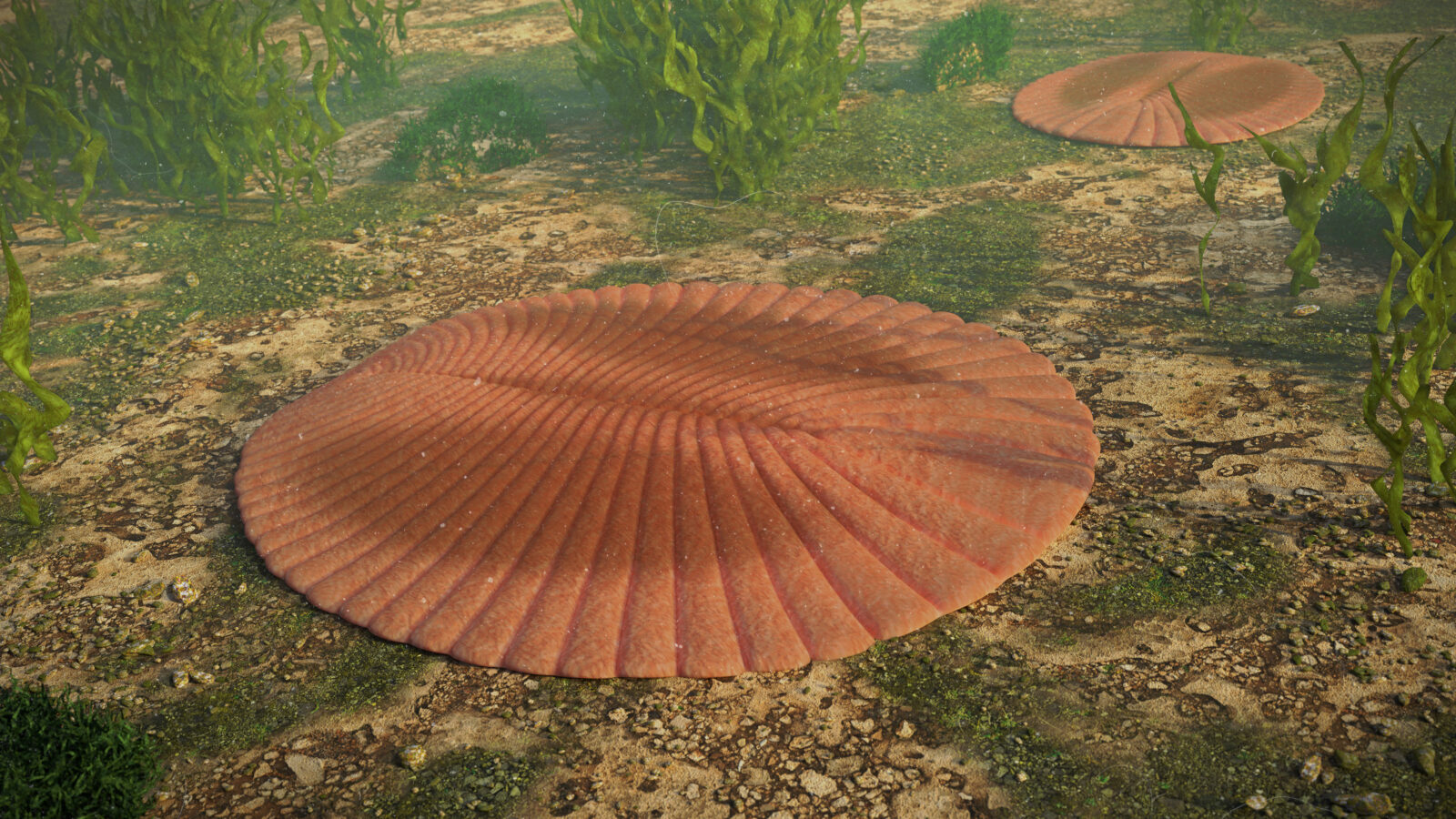


Casey Luskin on the Nature and Fruits of Intelligent Design
On today’s ID the Future, guest Casey Luskin and host Eric Anderson untangle the differences between creationism, intelligent design, and theistic evolution. There are important distinctions as well as areas of overlap, Luskin explains, but the theory of intelligent design focuses on the book of nature, rather than on the Bible or some other sacred book, and offers evidence that certain features of the natural world are best explained by reference to an intelligent cause. The case for intelligent design includes negative arguments against competitor explanations, such as neo-Darwinism, as well as positive evidence for design. And Luskin notes that increasingly this paradigm is fueling fruitful scientific research in everything from protein science to pharmacology and cosmology. To support this Read More ›